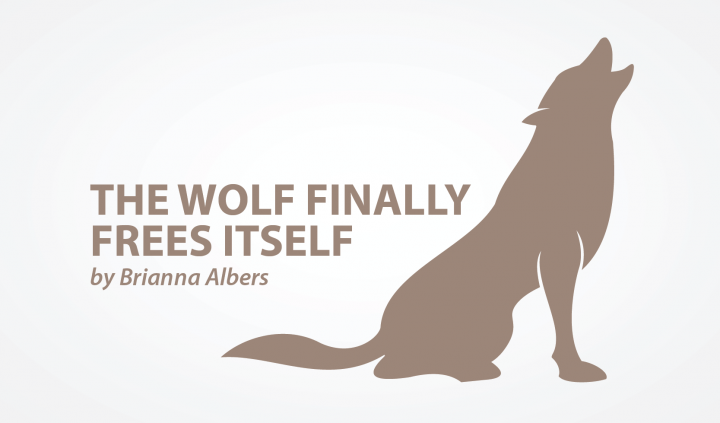Learning Self-love from My PCA’s Daughter
Written by |

When I first met Elena, my patient care assistant’s daughter, she was almost 2, with chubby cheeks and golden ringlets of hair. She was shy — painfully so. It took her months to warm up to me, and even then she was quiet, hiding behind her mom’s legs, struggling to form sentences. Now, a year later, she’s a whirlwind of giggles and energy. She tells me she loves me at least once a day. One time, she even told me I was her favorite girl in her heart.
There’s no middle ground when it comes to kids. Either they’re scared of me — which I can’t blame them for — or they’re obsessed with my chair, with the awkward jut of my wrist bones. They’re not quite socialized yet, so they don’t necessarily know what disability is. They don’t look at me and go, “Ah, yes, the girl in the wheelchair!” It’s curiosity, plain and simple: They know I’m different, but they don’t know why or how. My disability, like everything else in the world, just is.
In many ways, I prefer kids to adults. They’re not ashamed of my wheelchair; they don’t feel sorry for me, they don’t avert their eyes, they don’t ignore me as we pass each other in the hall. They approach me like they do everyone else, which is to say with earnestness, authenticity, and wide-eyed innocence.
Being with Elena taxes my introverted nature — I like silence, stillness, afternoons in my room with the window cracked — but it’s just as much a healing experience. In her eyes, I am Brianna. I wear socks with cats on them, I play “Moana“ for her on my Google Home, I let her chase me through the aisles of Target. I’m in a wheelchair, yes, but the wheelchair is a footnote, an asterisk at the end of a run-on sentence. It’s part of me, but it doesn’t define me.
Touch is one of my love languages, but I’ve gone a lifetime without it. I sit with my feet in my mom’s lap during dinner; I hold my dad’s hand in crowded places so we don’t get separated. But, other than my parents, no one knows how to touch me. Hugs are stiff; handshakes are clumsy. I look at myself in the mirror — tiny knuckles, bony elbows, teeth that lurch in all directions — and laugh. How can I blame people for steering clear of me?
But Elena doesn’t care. Every morning, she stands on a stool at my bedside and brushes the hair back from my face. We snuggled in bed during my massage today. She counted my fingers and the moles on my arms, curled against my side under the blanket. She holds my hand when we cross the street, and I can see the recognition in her eyes when she moves my arm and it falls back, almost like it’s broken. She knows I’m different, but she doesn’t care. At the end of the day, I’m a warm body, just like her.
I’m human, just like her.
She wanted to play in my bed today, but her feet were dirty, so she threw on a pair of my socks — orange, with cats, because I’ll never not be a cat lady. She immediately claimed that she was Brianna, which meant that she had to lie in bed like Brianna, with stuffed animals on either side like makeshift supports. She was Brianna, so she had to use a sling to get out of bed. Danielle, my PCA, slipped the mesh beneath her, and Elena lay there stiff as a board, smile bright.
She was like me. More than that, she wanted to be like me — not because I was different, but because I have cat socks. I’m a big girl, like the princesses in her movies. The wheelchair doesn’t matter. In Elena’s eyes, I’m a hand to hold, and that’s all that matters.
***
Note: SMA News Today is strictly a news and information website about the disease. It does not provide medical advice, diagnosis, or treatment. This content is not intended to be a substitute for professional medical advice, diagnosis, or treatment. Always seek the advice of your physician or other qualified health provider with any questions you may have regarding a medical condition. Never disregard professional medical advice or delay in seeking it because of something you have read on this website. The opinions expressed in this column are not those of SMA News Today, or its parent company, Bionews Services, and are intended to spark discussion about issues pertaining to spinal muscular atrophy.




Leave a comment
Fill in the required fields to post. Your email address will not be published.